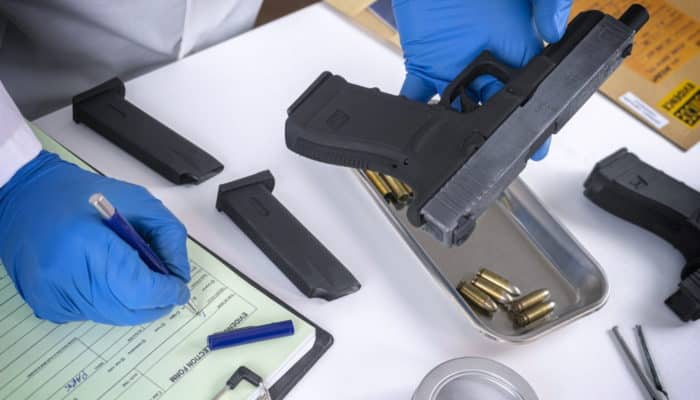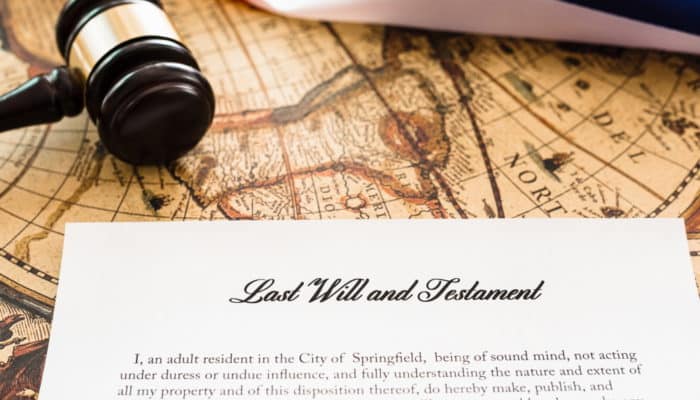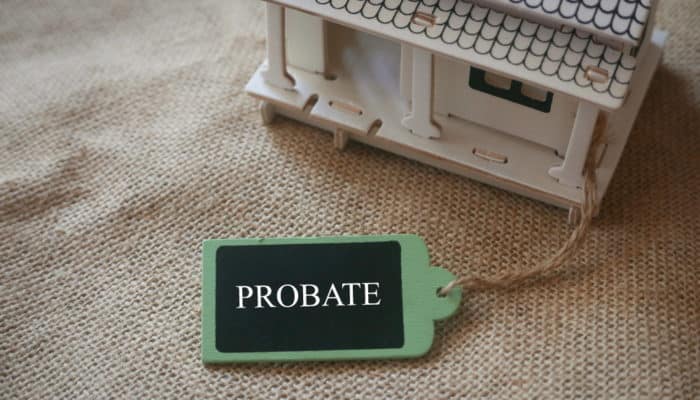A Durable Power of Attorney is an important part of incapacity Estate Planning, but NOT the only document. Every adult should have such a document in place since anyone at any age can suffer a life-altering accident that leaves them incapacitated. If this event occurs and a person does not have a durable power of attorney in place, that individual will force their family and/or loved ones to enter into an expensive and time-consuming legal process for Guardianship. After an accident, an injured or incapacitated party not only needs someone to advocate on their behalf, but also ensure they have the legal means or authorization to do so.
Once a person understands the significance of these documents, they should have one prepared. Furthermore, it is preferred not to download a “Do It Yourself” power of attorney document. Having an attorney is the preferred means of knowing that such document is done correctly. Without an experienced attorney, one will not have the confidence and peace of mind that comes with proper estate planning. If a person has a power of attorney, and it does not grant the Agent the authority to make a particular and required decision on the principal’s behalf if the principal becomes incapacitated, that becomes a major problem and then may require a Guardianship be established unnecessarily.
It is not hyperbole to state that a durable power of attorney is one of the most essential documents in an estate plan. It authorizes a designated person (another or Agent) to make financial and medical decisions for the principal (the person who creates the said document). Further, one must note that it is effective immediately upon execution, i.e., signing it before two (2) Witnesses and a Notary. Prior to 2011, Florida residents could have a springing power of attorney. It was named that because it “sprung” into effect upon incapacity as opposed to it being signed. If a Florida resident created an estate plan prior to 2011, they will need to update it since these documents are no longer valid and/or may not be accepted.
Even though a durable power of attorney is a significant document, it is not an all-encompassing estate planning tool. For example, an Agent can act on behalf of their living elderly parent by way of a durable power of attorney. With Powers of Attorney for financial matters as well as for medical decisions (Healthcare) such documents enable the adult child or Agent to manage the parent’s finances, pay bills, and purchase needed items using the parent’s money. If the parent becomes incapacitated, the adult child or Agent under the power of attorney can speak to the parent’s physicians and advocate on the parent’s behalf in order to receive the type of treatment in accordance with the subject parent’s wishes or dictates.
A durable power of attorney grants the Agent the ability to care for their parent, the principal. It does terminate at the parent’s death! All the power granted during life is no longer available after death. People who assume a durable power of attorney is an end-all may not have prepared a Last Will or a Trust, which leaves the previous attorney-in-fact or Agent powerless.
Each document in an estate plan serves a different purpose and function and becomes effective at different stages and are all relevant.
A substantial portion of estate planning centers on a designated someone, an Agent, or Personal Representative, to be legally authorized and/or have the ability to act on the behalf of and take care of a person, the principal or testator, if such principal or testator (one who creates a Last Will & Testament) is incapacitated or passes away. Regardless of the amount of assets one may or may not have, creating a proper estate plan will organize, assist, and enable authorized competent trustworthy family members or loved ones or the surviving family or loved ones act on an incapacitated principal’s behalf or distribute assets of the deceased party’s estate.
Knowing what documents to prepare is vitally important and should be timely discussed with an experienced Estate Planning Attorney before an unfortunate event occurs.
If you have any additional Questions regarding the foregoing or have any legal issue or concern, please contact the law firm of CASERTA & SPIRITI in Miami Lakes, Florida.
.










